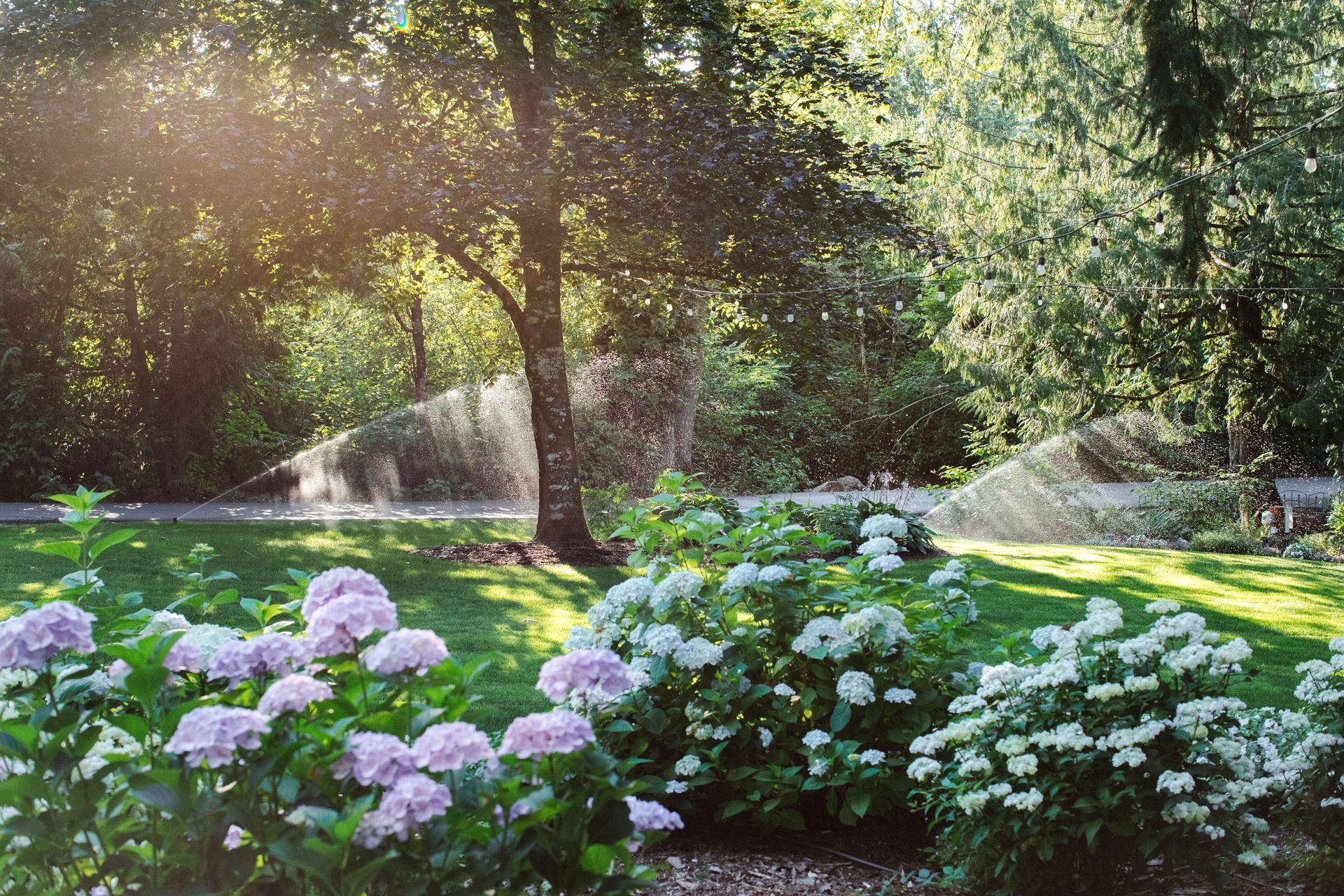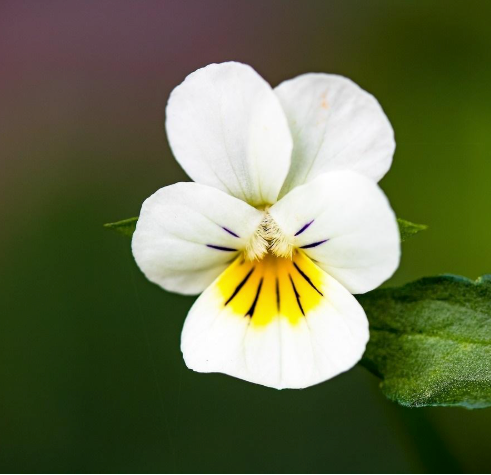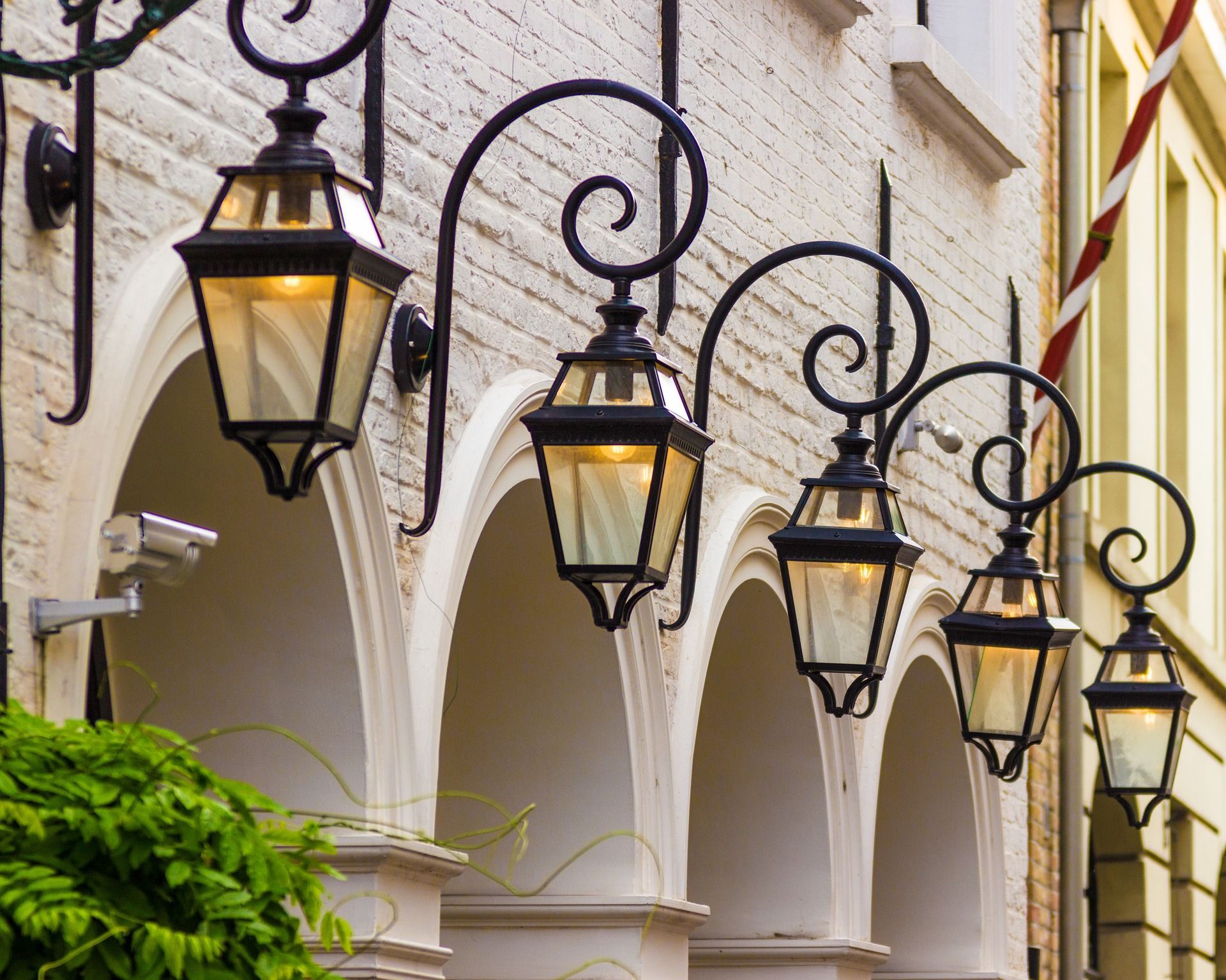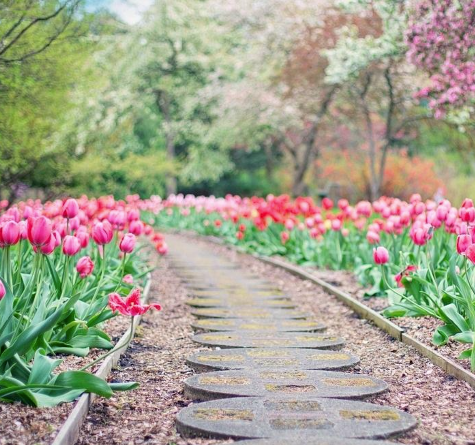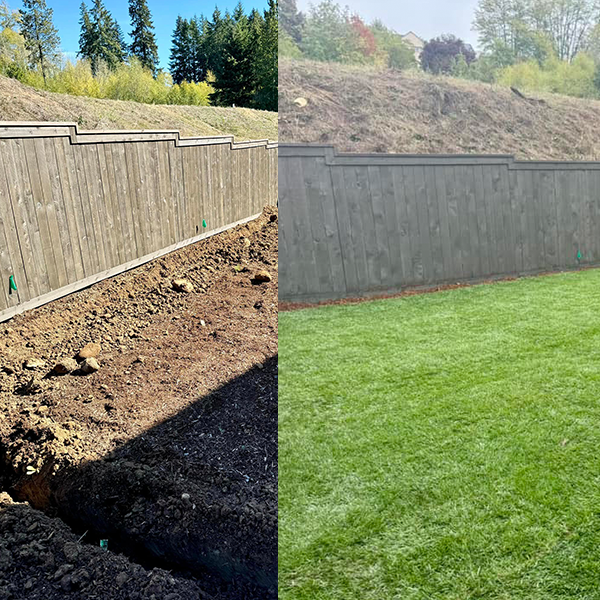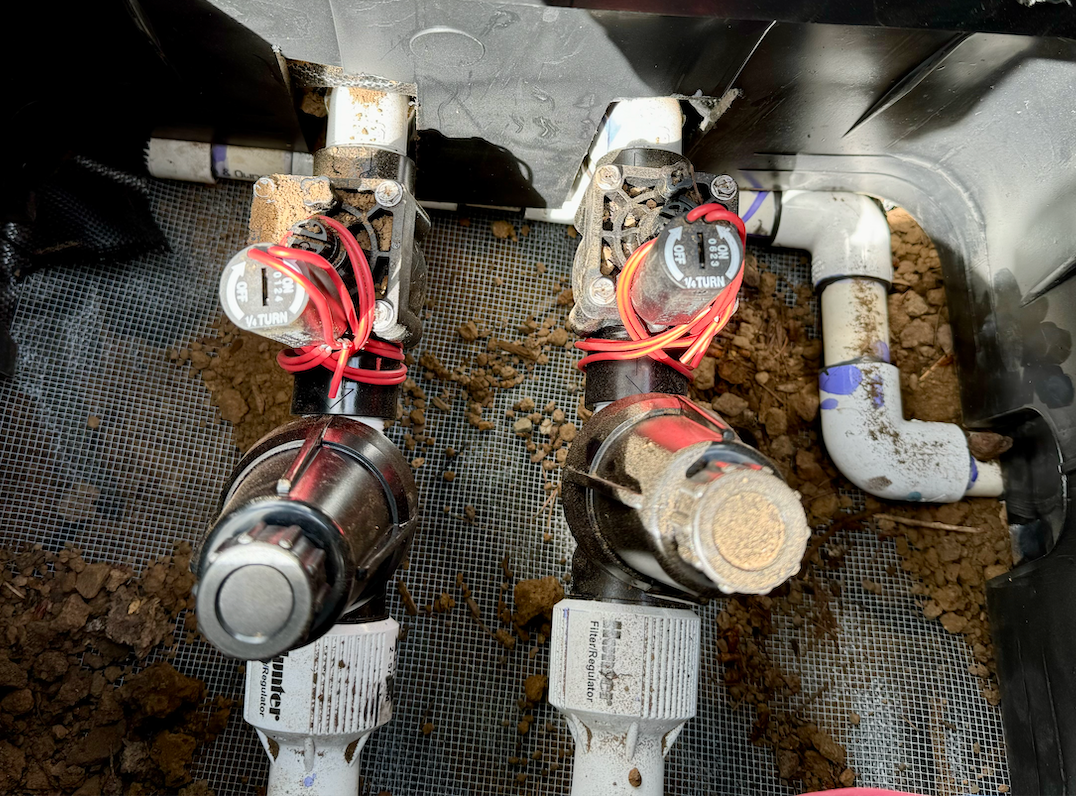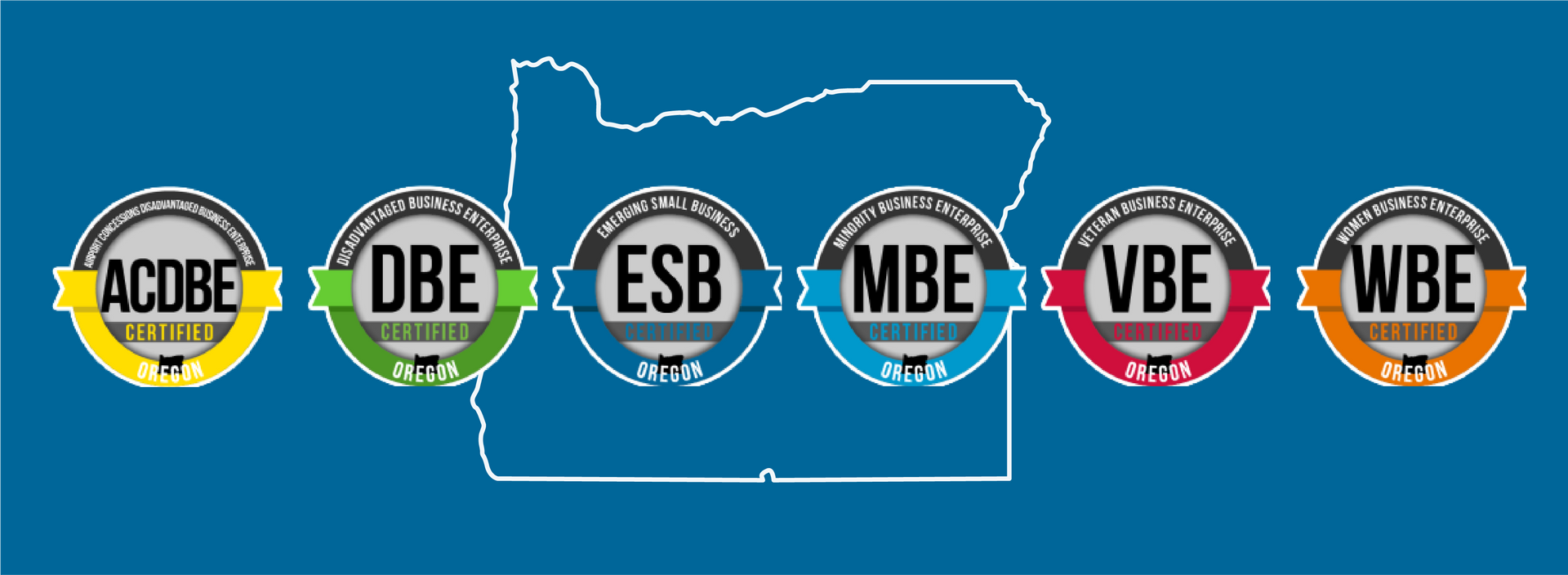How to Save Your Pipes from Freezing
Not much can mimic the sound of breaking thawing pipes during a winter storm. The mere fear of this happening to your loved ones is unsettling. What can I do to prevent my pipes from freezing? Most of what can be done depends on the initial installation process. Here are some simple steps to minimize problems during the winter months:
1. Let Your Faucets Drip: Typically, running water does not freeze as easily.
2. Locate Your Valves:
a. Locate the Plumbing System’s Main Valve: It's important to know where the plumbing system’s main valve is located. For your home, it will be the water meter. You will need the right tools handy and available for quick pickup. Typically, there is little time to search during a water emergency. From here, you can turn the water off immediately.
b. Locate the Plumbing System’s Isolation Valve: It is important to locate the plumbing system's Isolation Valves. Isolation valves are generally in the garage in newly built homes, in the basement, or in the dreaded crawlspace under the house. These valves isolate the house from the Water Meter Valve, or irrigation system from the backflow. This will be the first place to go when water is leaking and you need to turn the system off. If steps 2&3 fail, you will need to go to the water meter and turn everything off immediately.
3. Insulate your Pipes: Insulate exposed piping with a Pipe Wrap, Hose Bib Covers, or even a towel wrapped around in case of an emergency. Many things can insulate, and something is better than nothing.
Plan Ahead: Most of all, prepare well in advance. Preparation is everything. We are busy people, so dedicate time to hiring a local expert you can trust. We recommend winterizing your systems as soon as October, after the outdoor watering season ends. Many freezes occur due to our fondles of watering plants and leaving exposed piping out.
a. Install Crawl Space Vent Covers: Protect your crawl space by installing Crawl Space Vent Covers. Most cold air enters through vents that are open, and the radiant heating from the floor will be useless if all warmth escapes through the open vents.
b. Winterize your Outdoor Systems by Professionals: Start at the Backflow, or main Isolation Valve and blow the system out with compressed air. Be careful! More damage can occur during this process than the freezing process if an untrained person does it. Install frost-proof valves in the landscape that self-drain.


